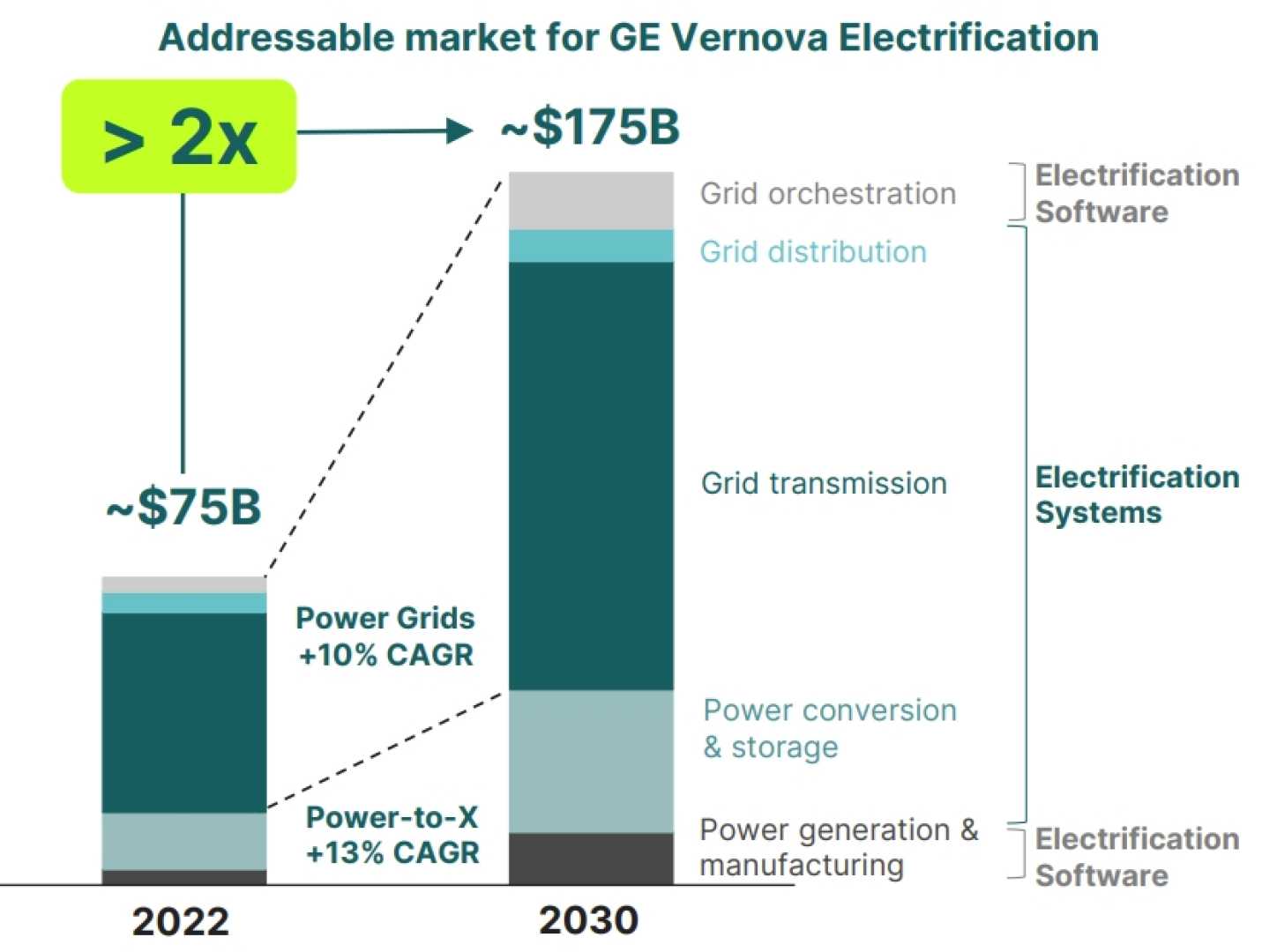Business
Concerns Rise Over GE Stock Valuation as Prices Surge

NEW YORK, NY — General Electric Company (NYSE: GE) stock has seen a significant rise of nearly 40% this year, surpassing the S&P 500, which is down 1%. This increase raises questions about whether GE shares are currently overvalued and may face a correction of 25-40%, potentially dropping below $150.
Currently priced at approximately $235 per share, critics argue that GE stock is expensive, trading at nearly 60 times its free cash flow from the past twelve months, which results in a low cash flow yield of about 1.7%. In contrast, Nvidia, a leader in the AI sector, trades at a lower multiple of 50 times cash flow despite experiencing average revenue growth of over 80%.
GE’s revenue growth has improved to about 9%, yet remains insufficient to justify such a high multiple. The company’s valuation reflects a significant restructuring, shifting its focus to high-growth sectors in commercial, military, and general aviation. Following the spin-offs of its healthcare, renewable energy, and power sectors, GE Aerospace has benefited from increasing demand for aftermarket services.
In the first quarter of 2025, GE reported inflows of $12.3 billion in orders, a 12% year-over-year increase, alongside a backlog of approximately $140 billion. Furthermore, GE has demonstrated impressive margin expansion, with its operating margin increasing from 12.3% in 2022 to 18.8% within the last twelve months.
GE Aerospace maintains a strong position in the commercial engine market, competing against a few key players such as Rolls-Royce and Honeywell. The company’s CFM56 and LEAP engines are integral to many airlines, resulting in long-term, high-margin service agreements. Switching engine suppliers is both complex and costly, which further solidifies GE’s revenue stream.
Despite revenue growth expectations in the double digits, analysts question the sustainability of rapid margin expansion. As a result, GE should be valued more comparably to firms with 10-15% revenue growth. When compared to Microsoft, which trades at about 48 times free cash flow and achieves 15% annual growth, GE’s valuation appears overstated.
Investors should take into account the strong indications that GE Aerospace could continue performing well, as the aviation industry is closely tied to economic recovery, potentially bolstered by rising domestic and global travel. Increased flight activity will likely lead to a growing demand for new aircraft and engines, thus elevating the need for engine maintenance, which is GE’s most lucrative segment.
Ultimately, investors must weigh the potential returns of GE against the volatility and risks associated with holding individual stocks. Given the current market landscape and PE ratios, cautious evaluation may be prudent in deciding whether GE stock warrants investment consideration.












